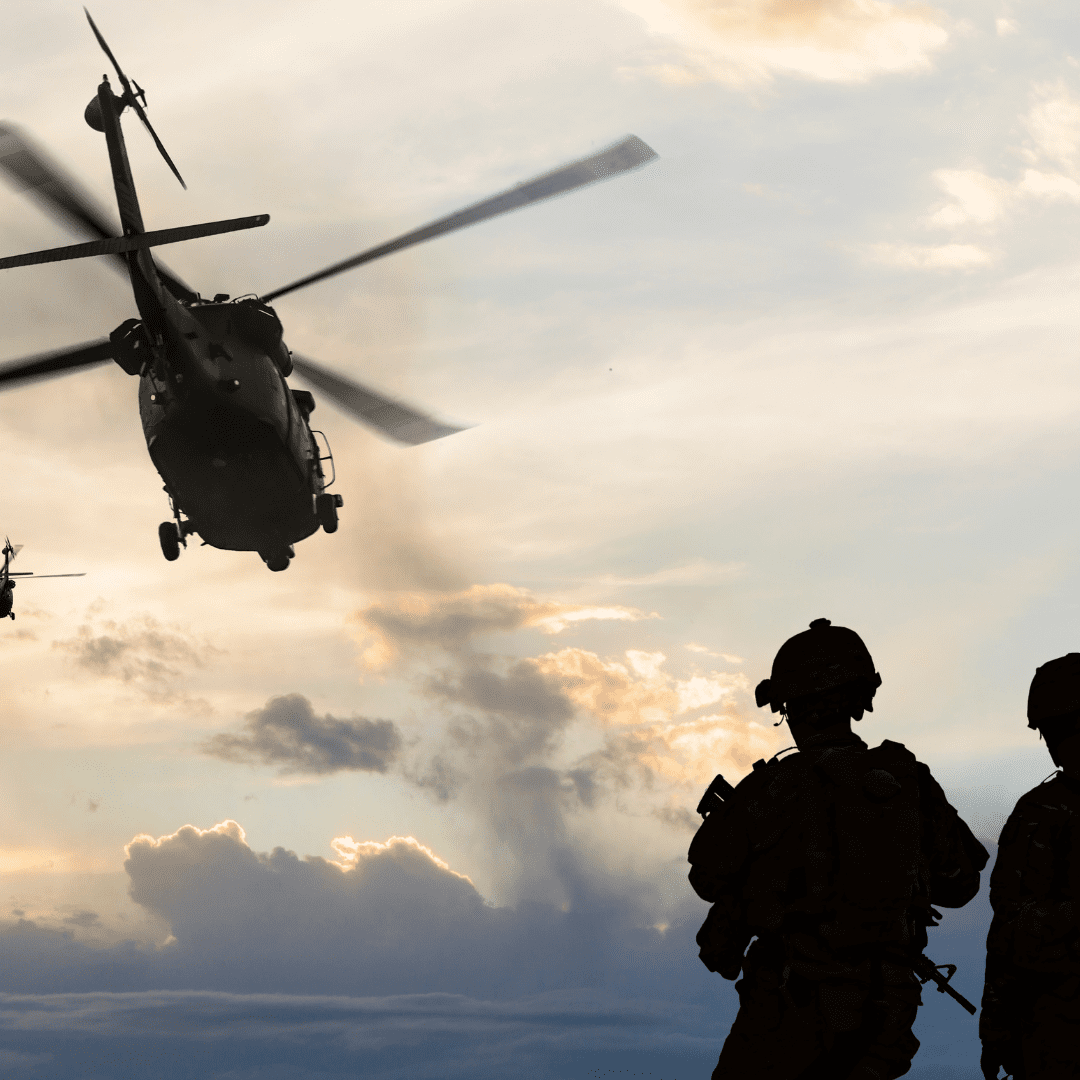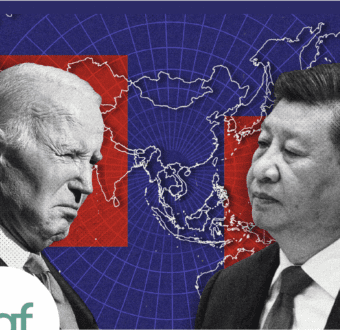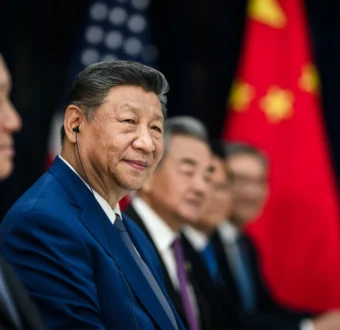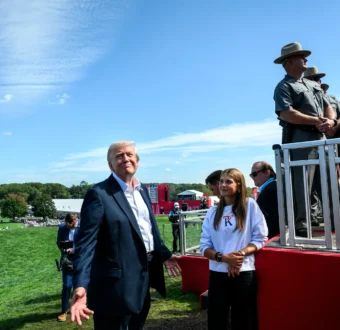Symposium: Have US military programs made African countries less safe?

As Biden hosts dozens of African leaders this week, security will be on the menu. We asked experts if it was time for real change
By Zuri Linetsky, Research Fellow
This contribution appeared in Responsible Statecraft’s December 12, 2022 symposium.
Based on available evidence, over the last two decades, U.S. counterterrorism programs in Africa expanded partner country military capacity but did not mitigate terrorism or address structural issues behind the proliferation of terrorist groups.
CT programming in Africa encompasses training and equipping partner military forces, standing up new units, drug interdiction, and U.S.-directed missions. These programs increased partner nation capacity for kinetic military operations, and their ability to employ a broader array of equipment. But partner nations still struggle to account for U.S.-provided equipment and sustain military logistics without the United States. And African military officers receiving U.S. professional military education are more likely to be involved in coups. Most critically, despite these interventions, terrorism across Africa has increased by 300 percent over the last decade.
Read more of Zuri’s contribution in Responsible Statecraft.

Written by Zuri Linetsky
Zuri is a research fellow with the Independent America project at the Institute for Global Affairs.
Read more from Zuri
This post is part of Independent America, a research program led out by Jonathan Guyer, which seeks to explore how US foreign policy could better be tailored to new global realities and to the preferences of American voters.










America Prepares for a Pacific War With China It Doesn’t Want